 Judge David G. Trager, a senior federal judge sitting in Brooklyn, died Wednesday after a long bout with pancreatic cancer. He was 73.
Judge David G. Trager, a senior federal judge sitting in Brooklyn, died Wednesday after a long bout with pancreatic cancer. He was 73.
Trager was nominated to the federal bench in 1993 by President Bill Clinton and had since presided over civil matters and criminal trials that focused on government corruption, organized crime, and terrorism, among myriad other issues.
In a wide-ranging career, Judge Trager, a Republican known for political independence, was United States attorney for the Eastern District from 1974 to 1978. He was also a professor at Brooklyn Law School for 17 years and, for a decade, its dean. From 1983 to 1990, he headed the State Commission of Investigation, and in the 1980s he advised New York mayors on judicial appointments and helped to revise the City Charter.
But he was perhaps best known as the judge in the trial of two black men, Lemrick Nelson Jr. and Charles Price, who were convicted in 1997 of civil rights violations for their roles in the killing of a Hasidic scholar, Yankel Rosenbaum, in 1991 on a night of mob violence in Crown Heights.
The verdict appeared to close a wrenching case that had exemplified troubled race relations in New York. But an appeals court overturned it in 2002, saying that Judge Trager, in trying to seat a racially and religiously balanced jury, had improperly manipulated the panel’s composition. The appeals court said he had erred in a well-intended desire to be fair and to avoid a polarizing verdict, but had violated constitutional trial guarantees. Both men were retried and found guilty.
Another ruling by Judge Trager figured prominently in a 2006 civil suit against the government by the Center for Constitutional Rights and Maher Arar, a Syrian-born Canadian citizen who was suspected of being a Qaeda terrorist and was detained at Kennedy International Airport in 2002 on his way home from a vacation.
Mr. Arar was held in solitary confinement in Brooklyn, interrogated without access to legal counsel and, under the Bush administration’s practice of “extraordinary rendition,” sent without charges or a trial to Syria, where he was imprisoned for 10 months in a rat-infested dungeon and tortured repeatedly. Syria found no evidence that Mr. Arar was a terrorist, and released him.
Judge Trager dismissed Mr. Arar’s suit for damages, upholding the government’s contention that torture in rendition cases was a foreign-policy issue not appropriate for judicial review and that the case might disclose state secrets. The decision was upheld by the United States Court of Appeals for the Second Circuit, and the United States Supreme Court declined to hear the case.
David Gershon Trager was born in Mount Vernon, N.Y., on Dec. 23, 1937, the son of Sol and Clara Trager, who had emigrated from Austria. He graduated from Columbia University in 1959 and received his law degree from Harvard in 1962.
Mr. Trager practiced law in New York from 1963 to 1967, and after a year as an assistant city corporation counsel, he was a law clerk in 1968 for Judge Kenneth B. Keating and in 1969 for Chief Judge Stanley H. Fuld, both of the New York Court of Appeals.
Besides his wife, whom he married in 1972, Judge Trager is survived by a son, Josiah; two daughters, Naomi Trager and Mara Trager; and two grandchildren.
A funeral service is scheduled for Friday morning at 10 a.m. at the Kane Street Synagogue, 236 Kane St. between Court and Clinton streets in Brooklyn.


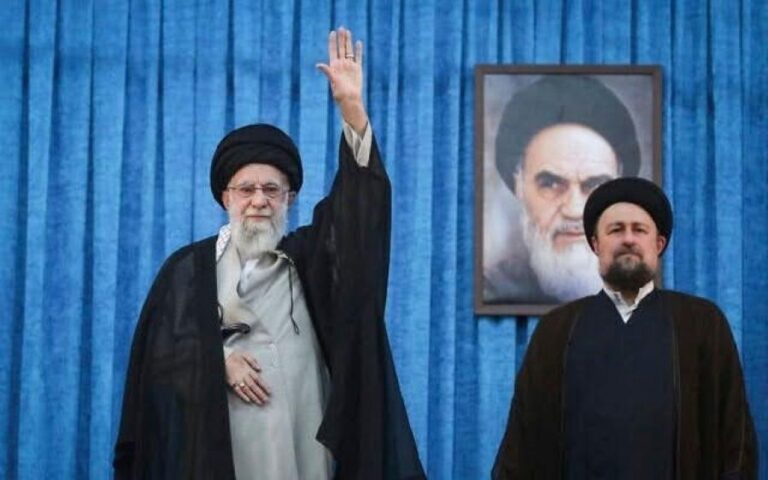

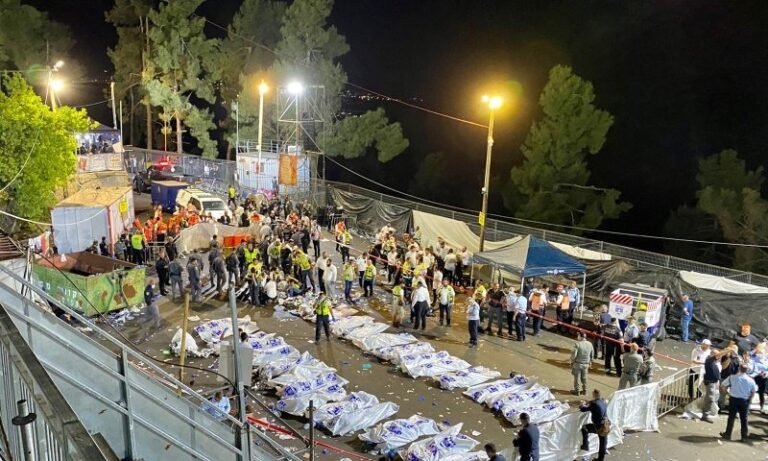

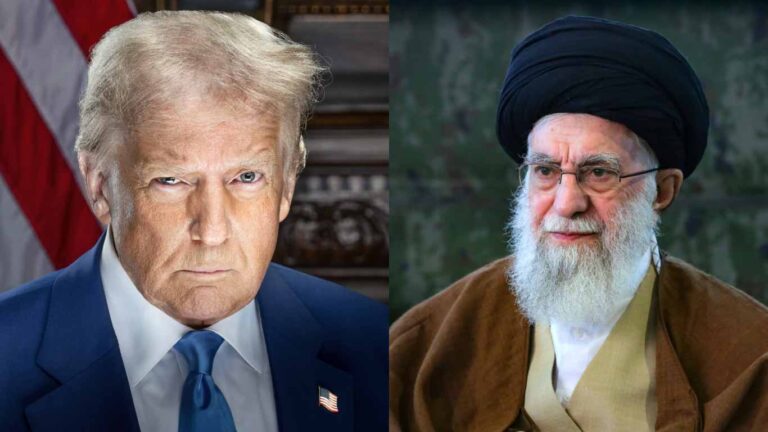


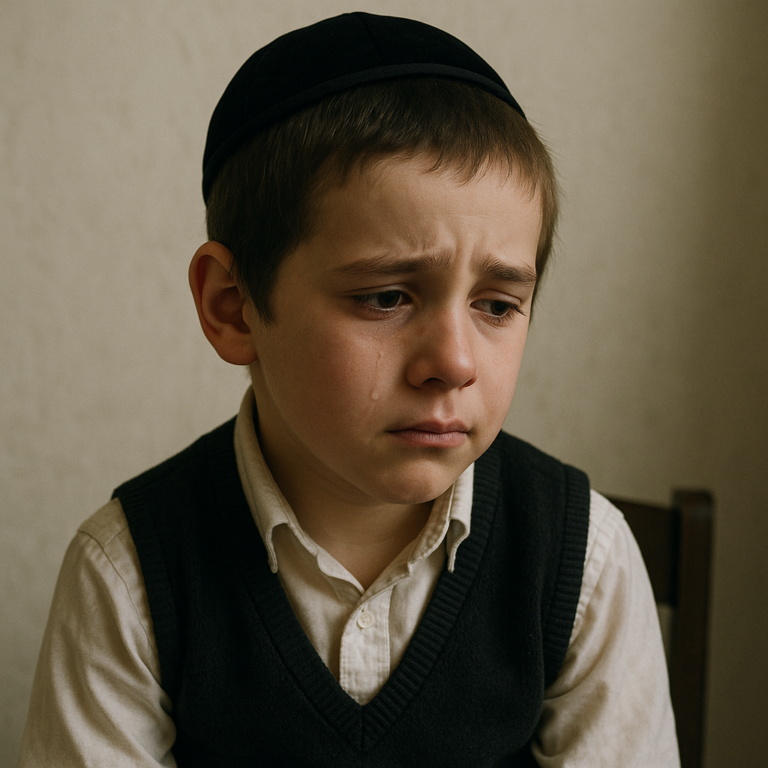
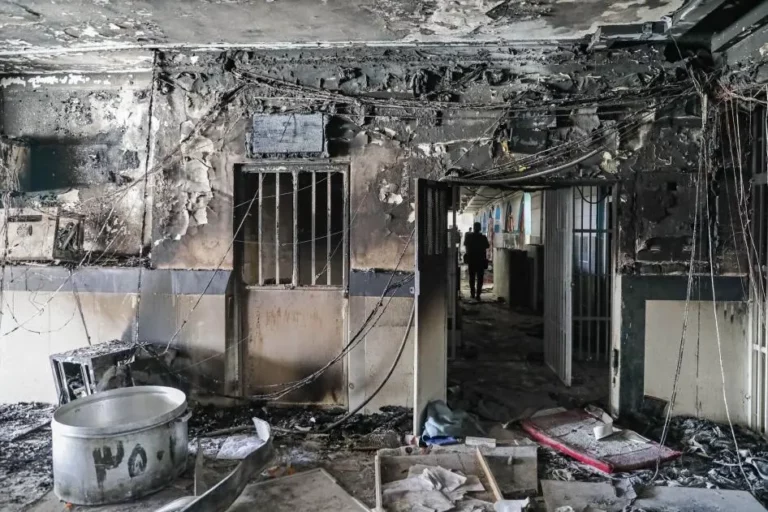
4 Responses
I was a talmid of his. A great mind and a very proud Jew. BD”E.
Do you know anything about the Yankel Rosenbaum trial?
i was also a talmid, taking con law with him in B-law. very dry sense of humor (thats being generous), but a smart and caring man. BDE
Of course I do. He bent over backwards to make the jury diverse and was reversed by the Second Circuit for doing so. I’ve been before him a number of times. Smart man, good judge, fair and reasonable.